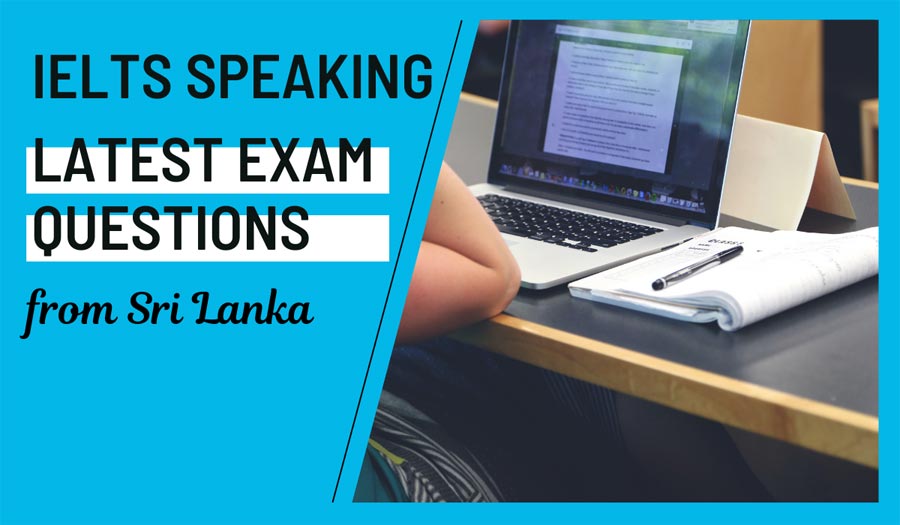
Thanks to the kind efforts of Y, our student from Sri Lanka, we are sharing the writing questions from her IELTS test (only a few days old!)
Writing test
Writing task 1 (a report)
The charts below show the contribution of men and women to housework. The first chart shows the percentages of both genders doing a number of household tasks. The second chart shows the amount of time spent by each gender on housework per day.
Summarise the information by selecting and reporting the main features, and make comparisons where relevant.

* Note: these aren’t the actual charts given in the test, they were recreated for the purpose of demonstration.
Writing task 2 (an essay)
Some people think that dangerous sports should be banned, while others believe that people should be free to do any sports or activities. Discuss both views and give your opinion.
Give reasons for your answer and include any relevant examples from your own knowledge or experience.
The post Latest IELTS questions from Sri Lanka – January 2024 (Academic Module) first appeared on IELTS-Blog.
https://ift.tt/EDO1ZSy
from IELTS-Blog https://ift.tt/BvpmMDb
via IFTTT


